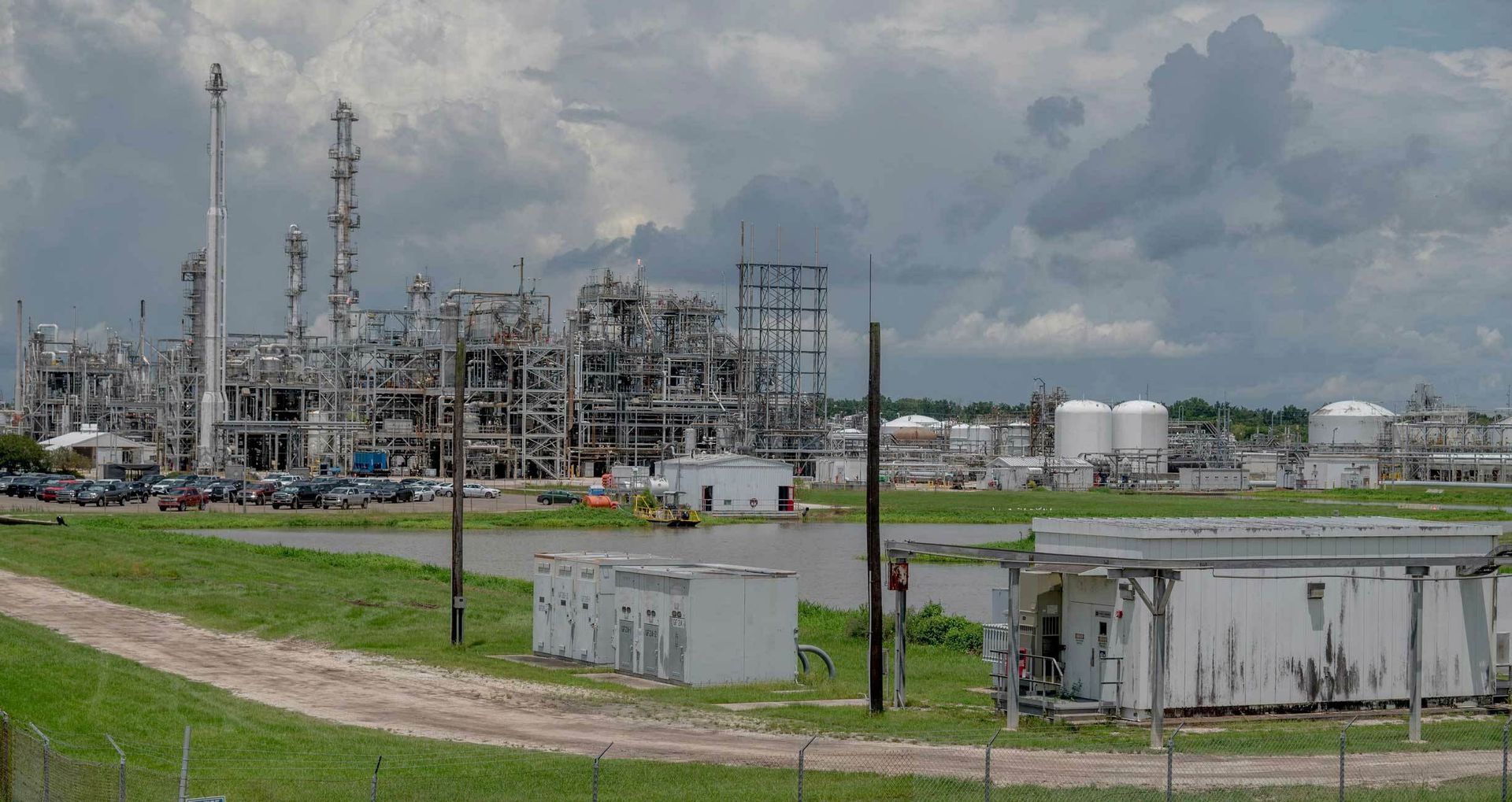Dire Environmental Consequences for Incarcerated People
A 2022 report states one-third of state and federal prisons are located within three miles of federal Superfund sites

In the United States, environmental racism refers to the ways in which marginalized communities, particularly communities of color, are disproportionately impacted by environmental hazards such as pollution, toxic waste, and other forms of ecological degradation. This systemic problem is not only limited to the outside world but also extends to the prison system, where incarcerated individuals are exposed to harmful substances with devastating health consequences long-term.
Environmental racism in prisons is not a new problem. In the late '80s and early '90s, activist groups like Critical Resistance and the Campaign to Fight Toxic Prisons first began to organize around the issue of environmental injustice in prisons. Scholars have only lately arrived on topic.
Many prisons are built in areas that have been subjected to long-term environmental degradation. In some cases, prisons are even located on toxic waste sites, former industrial sites, or landfills. This practice is known as "toxic prisons," and it primarily affects incarcerated individuals and the surrounding communities. A 2022 report by Prison Policy Initiative states that "one-third (32 percent) of state and federal prisons are located within three miles of federal Superfund sites, the most serious contaminated places requiring extensive cleanup."
Moreover, the impact of environmental racism in prisons is exacerbated by the lack of oversight and regulation in the prison system. Prisons are often exempt from environmental regulations that apply to other facilities, making it easier for them to engage in environmentally harmful practices. For example, some prisons fail to properly manage the disposal of hazardous waste or use toxic chemicals as disinfectants, leading to the release of harmful pollutants into the environment.
The health consequences of environmental racism in prisons are severe and long-lasting. Incarcerated individuals are at increased risk for a range of health problems, including respiratory illnesses, cancer, and mental health disorders. Furthermore, the lack of access to adequate healthcare in the prison system means that these health problems often go untreated or are diagnosed at a later stage, leading to poorer health outcomes.
Alternatives that center environmental justice are urgently needed to address this issue. To center environmental justice in abolitionist work, alternatives must prioritize the health and well-being of all individuals, including those who are currently incarcerated. This involves a shift away from punitive approaches to justice and towards restorative justice practices that prioritize the health and well-being of all individuals. This includes investing in community-based alternatives to incarceration, such as community service, restorative justice programs, and mental health and addiction services. It also must also involve addressing the root causes of environmental racism, such as the privatization of prisons and the lack of government regulation.
"The sad truth of all this is that the issue of environmental racism and incarceration highlights the deep-seated inequalities and injustices that underlie the prison industrial complex and our society at the macrocosmic level," says Aricka Rodriguez, a prison abolitionist, advocate, and theorist. "Our prisons, our rhetoric, and our stances on environmental, economic, racial and criminal justice tell the tale of who we are collectively, and that's a rather disturbing, poisonous tale."
You can read more in "Building Prisons on Toxic Land has Devastating Consequences" from the Vera Institute, a national organization that partners with impacted communities and government leaders to end the overcriminalization and mass incarceration of people of color, immigrants, and people experiencing poverty.










